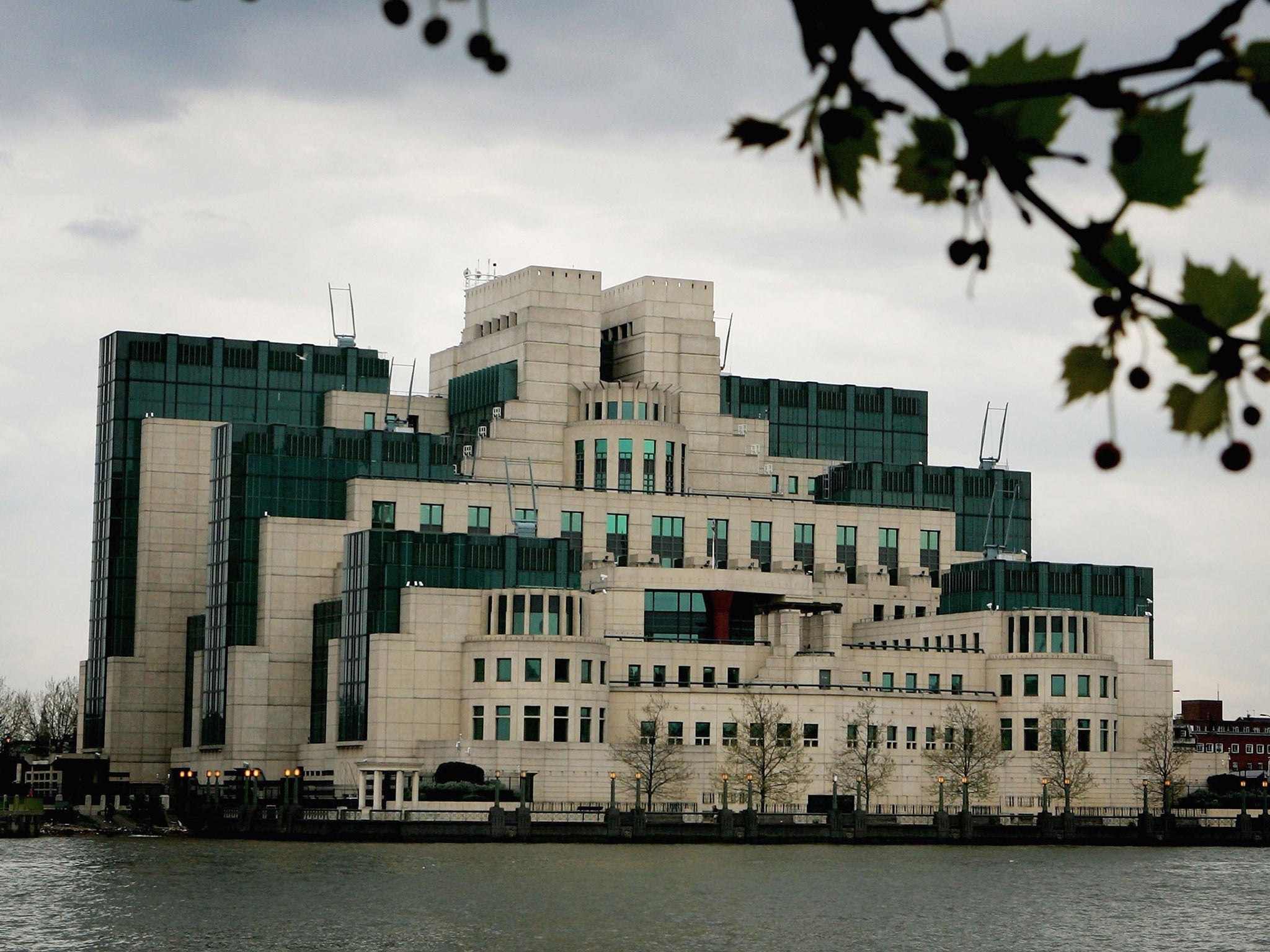MI6: UK's Secret Service will take on an extra 1,000 personnel by 2020
'The information revolution fundamentally changes our operating environment,' says Secret Service Chief

Your support helps us to tell the story
From reproductive rights to climate change to Big Tech, The Independent is on the ground when the story is developing. Whether it's investigating the financials of Elon Musk's pro-Trump PAC or producing our latest documentary, 'The A Word', which shines a light on the American women fighting for reproductive rights, we know how important it is to parse out the facts from the messaging.
At such a critical moment in US history, we need reporters on the ground. Your donation allows us to keep sending journalists to speak to both sides of the story.
The Independent is trusted by Americans across the entire political spectrum. And unlike many other quality news outlets, we choose not to lock Americans out of our reporting and analysis with paywalls. We believe quality journalism should be available to everyone, paid for by those who can afford it.
Your support makes all the difference.The UK's Secret Intelligence Service (MI6) will take on a further 1,000 staff by 2020 in response to the increasing importance of the internet and technology.
MI6 will grow from 2,500 to just under 3,500 to provide extra security for their operations and staff, BBC's Newsnight has discovered through Whitehall sources.
The Chief of the Secret Intelligence Service, Alex Younger, spoke of the challenge facing the MI6 in Washington DC: "The information revolution fundamentally changes our operating environment.
"In five years' time there will be two sorts of intelligence services - those that understand this fact and have prospered, and those that don't and haven't. And I'm determined that MI6 will be in the former category."
The boost to the service's staff numbers is part of a wider commitment by the Government's 2015 Strategic Defence and Security Review to recruit 1,900 extra personnel to the intelligence services.
The remaining 900 new personnel will be split between the Security Service (MI5) and Government Communications Headquarters (GCHQ).
MI6 has expressed a fear that sensitive operations will be more vulnerable to foreign spy networks or militant groups better able to use the internet.
Mr Younger added: "Our opponents, who are unconstrained by conditions of lawfulness or proportionality, can use these capabilities to gain increasing visibility of our activities which means that we have to completely change the way that we do stuff."
He added the Snowden leaks had made the work of MI6 and GCHQ more problematic, including in their relationship with technology firms.
Join our commenting forum
Join thought-provoking conversations, follow other Independent readers and see their replies
Comments